Minerals
Minerals are important for your body to stay healthy. Your body uses minerals for many different roles, including keeping your bones strong, muscles flexible, your heart healthy and your brain working properly.
FAQ's
The amount of minerals we need is small but is extremely significant. Much smaller than say the amounts of carbohydrates, protein and fats required for a healthy diet. Some minerals are more important than others, for example, most adults need about 1,000 milligrams of calcium per day for bone health, but only about 10 to 15 milligrams of daily iron for red blood cell formation and energy levels and 8 -11 mg of zinc per day for immune health. Each mineral requirement is relative to the need it fulfills in the body.
A mineral deficiency occurs when your body doesn't obtain or absorb the required amount of a mineral. Mineral deficiencies can lead to a variety of health problems, such as weak bones, fatigue, or a compromised immune system.
Eating a variety of foods is the best way to get all the vitamins and minerals you need each day. Fruits and vegetables, whole grains, low-fat dairy products, lean meats, fish and poultry are some of the best choices for getting the nutrients your body needs. When deciding what to eat, check food labels and pick items that are high in vitamin and mineral content. And also consider a multivitamin that has all the necessary daily minerals in its formulation profile, to give you an extra daily intake.
If you are low in magnesium specifically for a long time and it becomes magnesium deficiency, then you may have signs of poor appetite, nausea and vomiting, sleepiness and weakness. Magnesium deficiency is an electrolyte disturbance in which there is a low level of magnesium in the body. It can result in multiple symptoms, which include tremors, poor coordination, muscle spasms, loss of appetite, personality changes, and nystagmus (involuntary eye movement or eye twitching).
It is essential that your daily regime provides a quantity and quality of sufficient minerals for everyday bodily processes. When your diet is balanced with all the necessary minerals, chances are you will experience daily optimal health.




